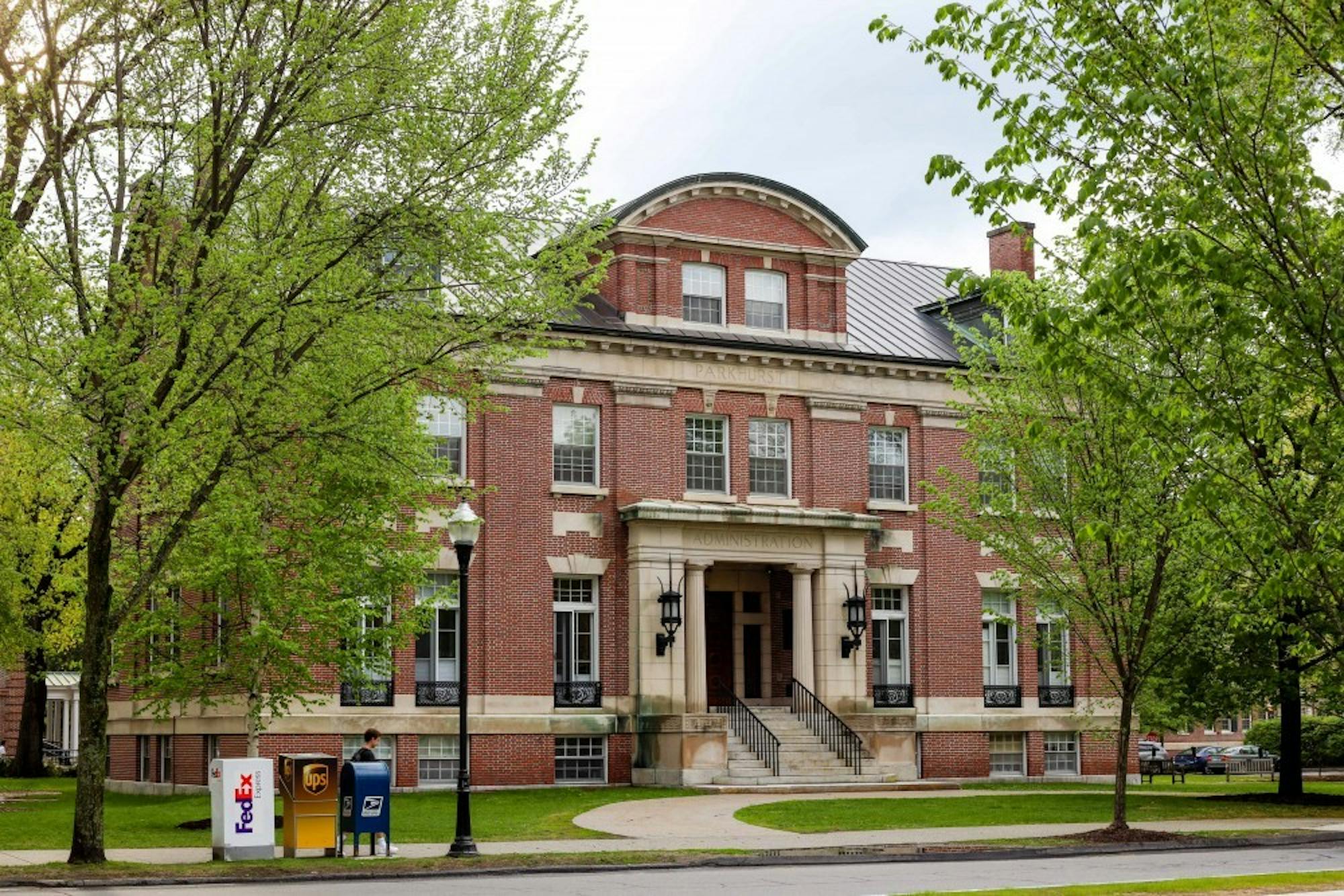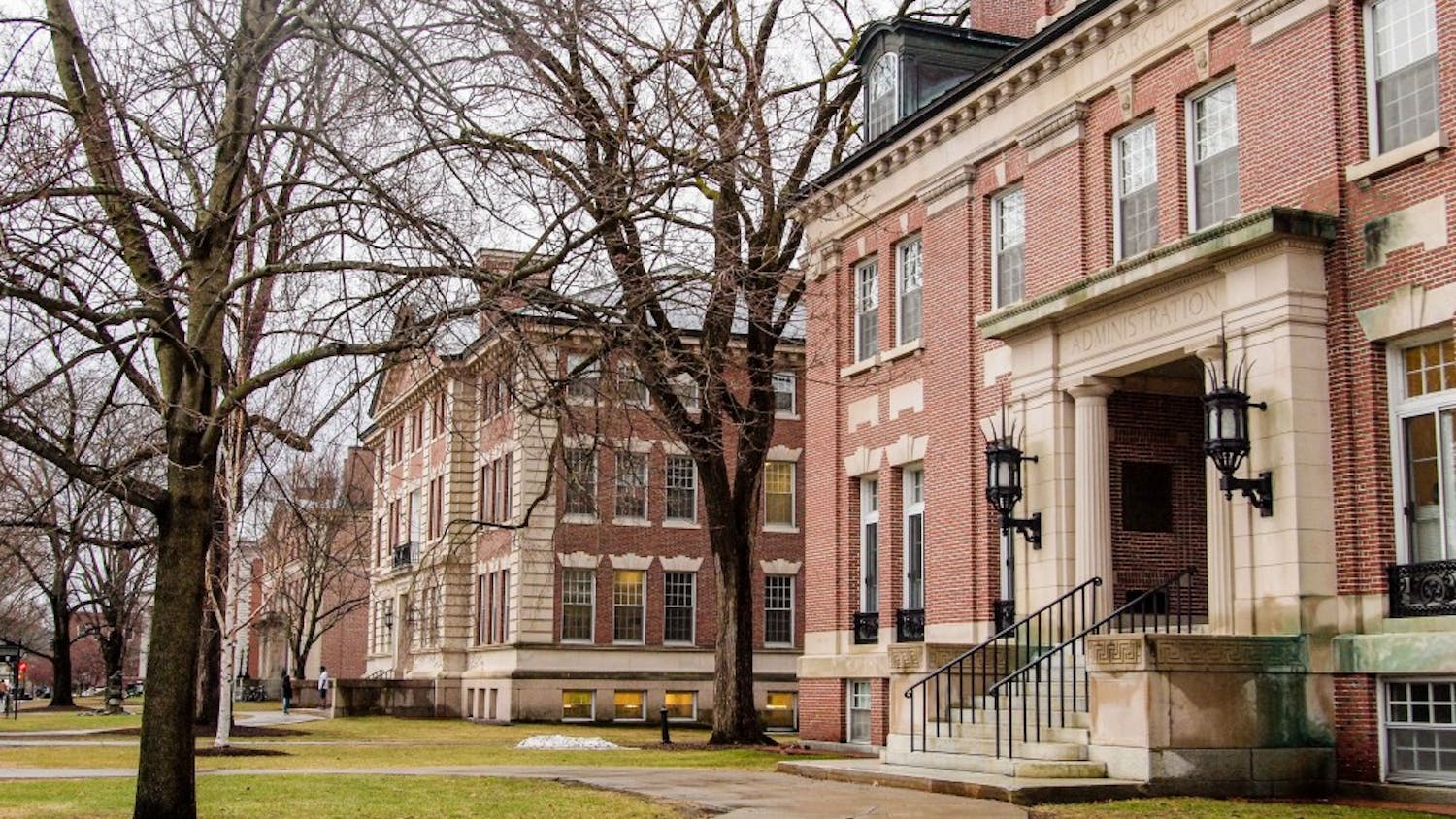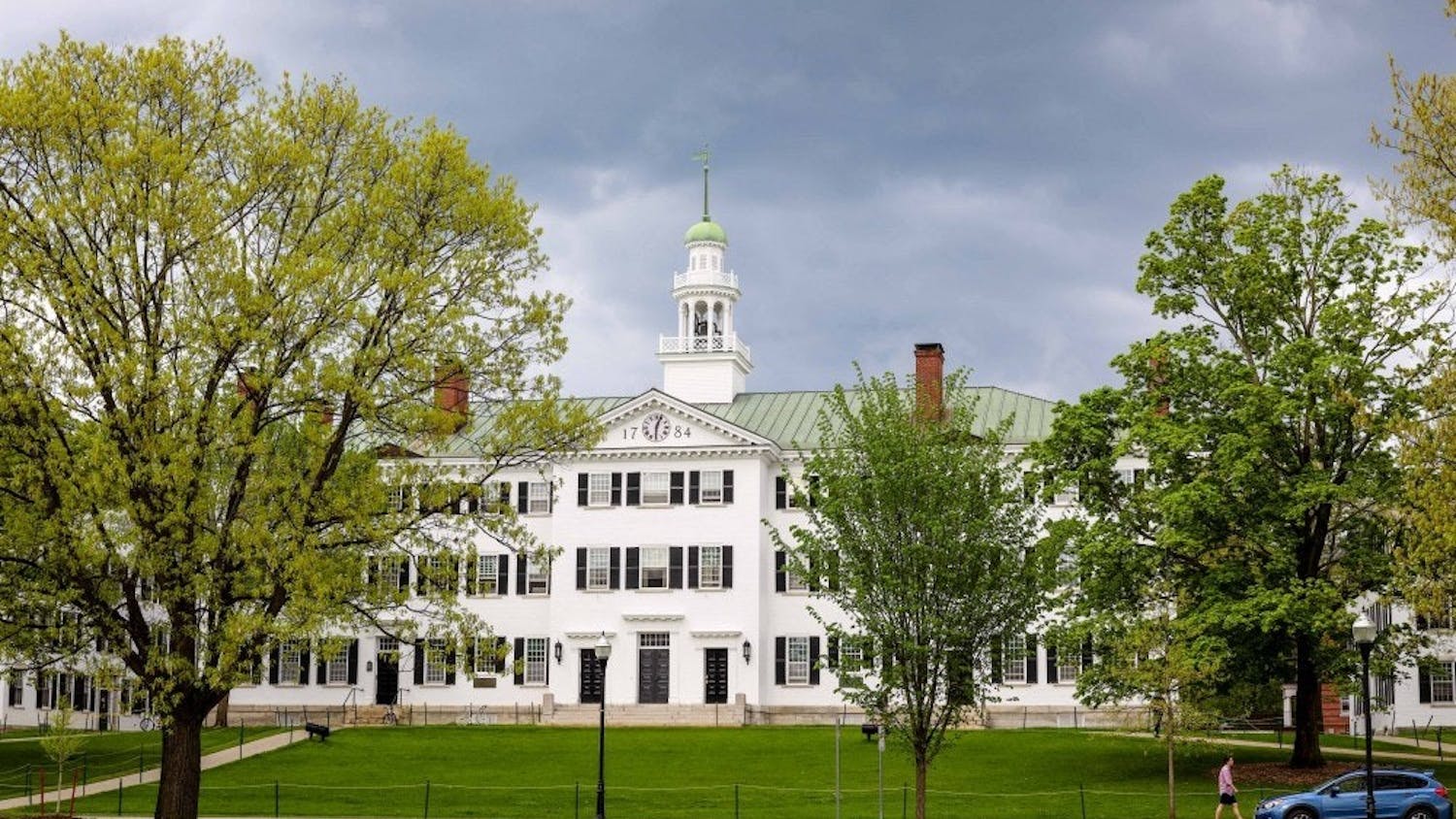Following concerns about international students losing or delaying internships due to federal work authorization delays, the College has decided to offer Curricular Practical Training — work authorization given by a college or university — for eligible students this summer. According to provost Joseph Helble, about 15 students have begun the process to receive CPT authorization as of Saturday morning. He expects that these students will receive their authorization by Monday, and will thus be able to immediately begin their internships.
The decision to offer CPT comes after a petition signed by over 1,000 individuals called for the College to support international students as they faced losing their internships due to long government delays in granting Optional Practical Training — federal work authorization. According to Helble, 35 Dartmouth students were affected by OPT authorization delays, but three received OPT authorization last week. Delivered to Helble, the petition asked that College find a route to grant CPT to international students, an option already employed by other universities, including Massachusetts Institute of Technology, Stanford University and Yale University.
For CPT to be authorized, a student must be able to receive course credit for their internship and it must be related to their program of study or declared major at Dartmouth.
A letter sent by the College’s Office of Visa and Immigration Services to international students on Friday introduced four CPT-eligible courses for students who are working an internship this summer: UNGS 295, “Experiential Learning and Analysis in the Sciences,” UNGS 296, “Experiential Learning and Analysis in the Social Sciences,” UNGS 297, “Experiential Learning and Analysis in the Arts & Humanities” and UNGS 298, “Experiential Learning and Analysis in Interdisciplinary Studies.” Students enrolled in one of the courses can be granted CPT authorization from OVIS after completing a formal request.
According to their course descriptions, each course has a writing requirement in which students must “submit a paper that reflects on their experience and the ways in which it enhanced and furthered the student’s academic program of study.” Students who pass the course will receive two credits from the Guarini School of Graduate and Advanced Studies, but the credits will not satisfy any graduation requirements. Additionally, the summer term will not count as an “on term” for students registered in these courses. The courses will be graded on a credit or no credit basis, assessed by their internship supervisor.
College administrators first discussed the possibility of offering CPT-granting courses for international students about six months ago, Helble said. At that time, administrators were considering developing CPT courses in individual majors for 2020 and beyond, he added. According to Helble, it was not until recent weeks that the slow-downs in OPT approval for this summer became apparent, and the four CPT-eligible courses were all developed in the past week in response to this problem. Helble said that administrators will assess the effectiveness of the four new courses in the fall and decide if they want to keep this model for future years or instead develop another model.




